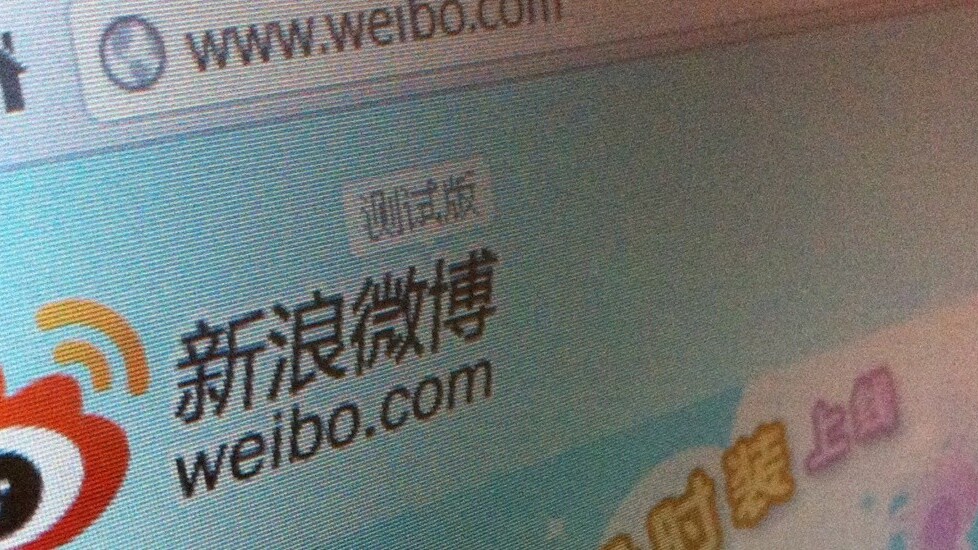
The existence of censors in China — especially on social media platforms such as Twitter-like microblogging service Sina Weibo — is already widely acknowledged.
A Reuters piece today, however, gave a lot more insight into the life of these censors and what goes on behind the scenes by interviewing four former censors at Sina Weibo.
First of all, all the censors are male. The former censors told Reuters that about 150 male college graduates staff the office 24 hours a day — as women shun the work due to the night shifts and “constant exposure to offensive material”.
Most censors employed by the social media site are in their 20s and earn about CNY3,000 ($490) a month. They are also university graduates from local colleges.
How do the censors work? Sina Weibo’s computer system does the first part of the job — it scans each post before they get published and filters those that are deemed sensitive. Then the manual censors take over to read the post in question and decide whether to let it be published or delete it.
On average, over a 24-hour period, the censors have to deal with about 3 million posts. About 40 censors work 12-hour shifts on an average day, and each worker must handle at least 3,000 posts an hour, the former censors told Reuters.
For most posts that have to be deleted, censors usually use a tactic to make sure the published version remains visible to its author but is blocked for others. In extreme cases, censors also have the authority to punish users by temporarily blocking them from making comments or even shutting down their accounts.
Last year, Sina introduced a points system to dock points from users for breaching its regulations as it battled to control sensitive information on the site.
If a censor misses a sensitive post that eventually spreads widely, the former censors said that Chinese government agencies can put pressure on Sina Corp to remove the post and even, on occasion, fine the censor in question or fire him.
➤ At Sina Weibo’s censorship hub, China’s Little Brothers cleanse online chatter [Reuters]
Get the TNW newsletter
Get the most important tech news in your inbox each week.





